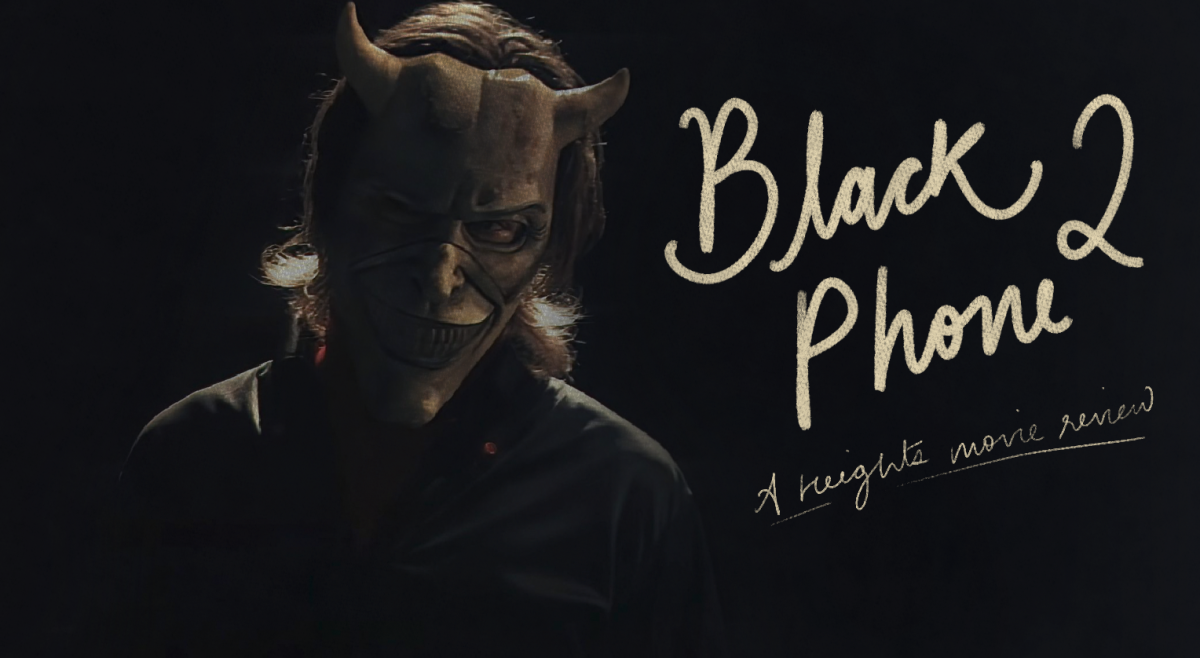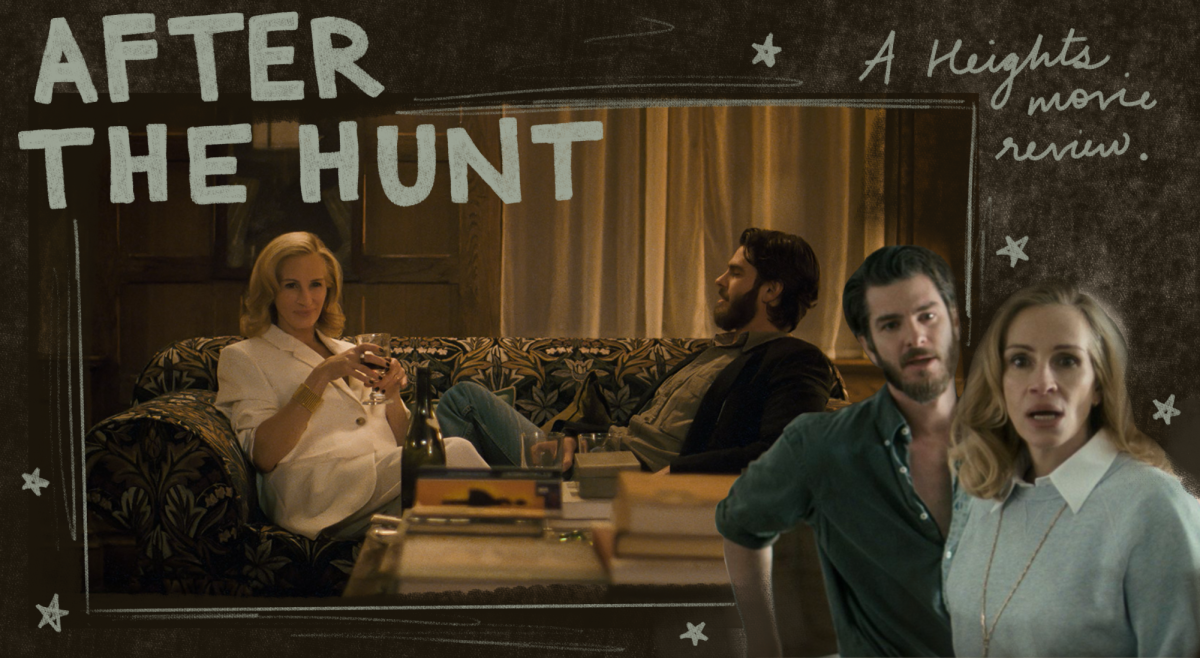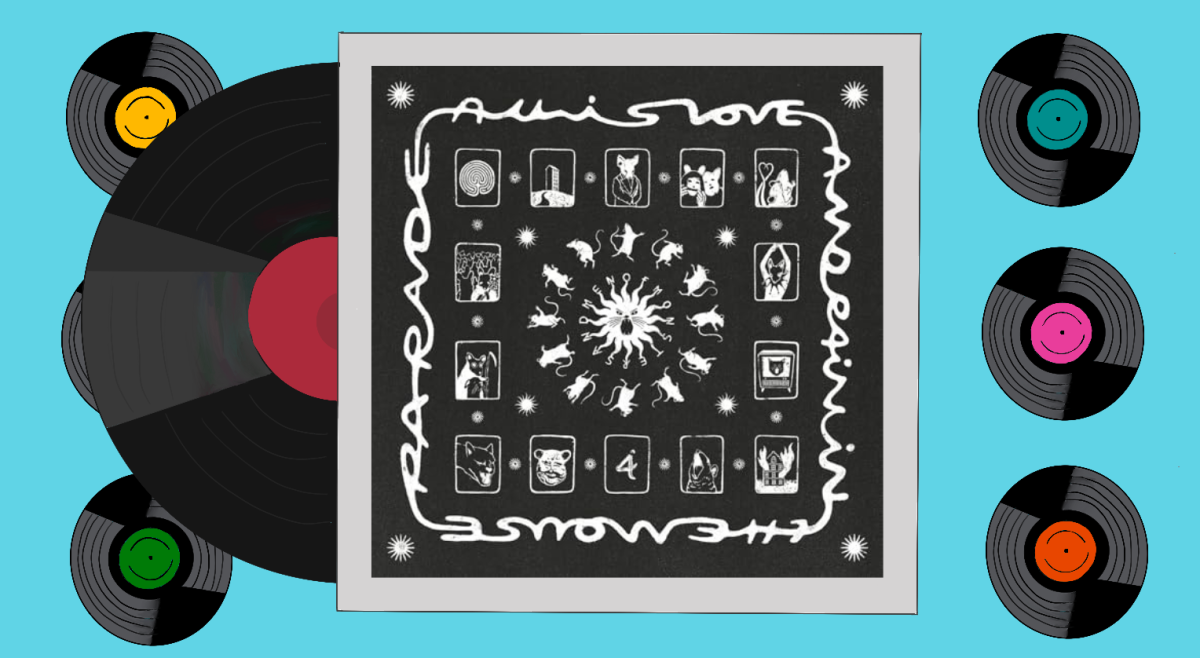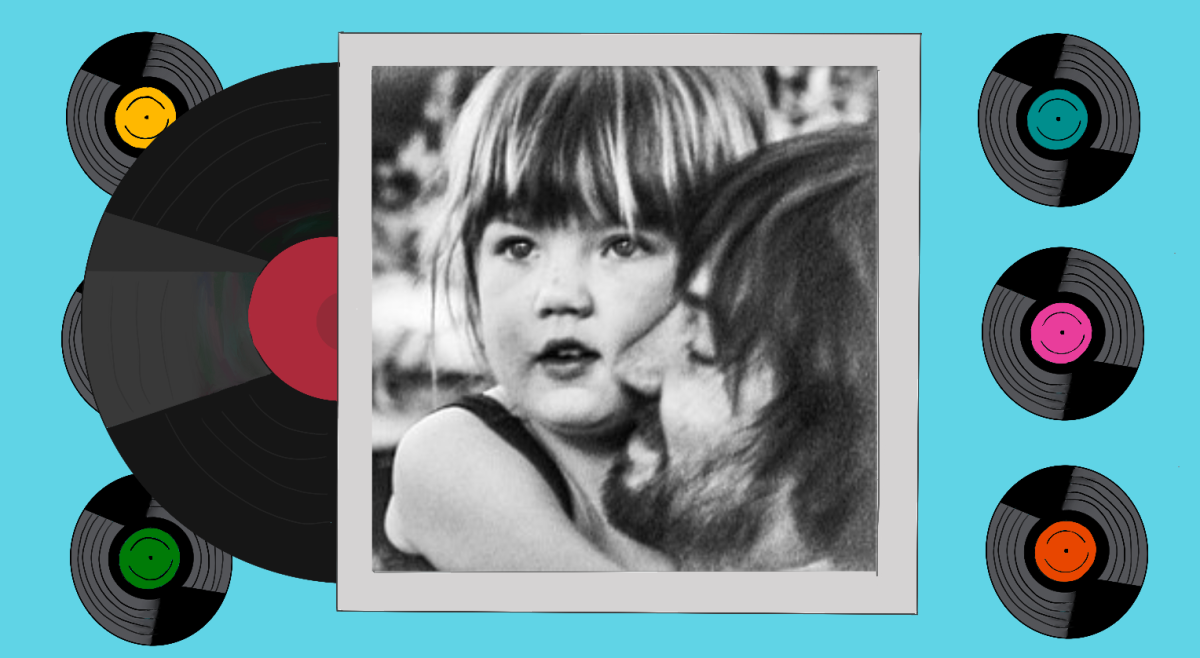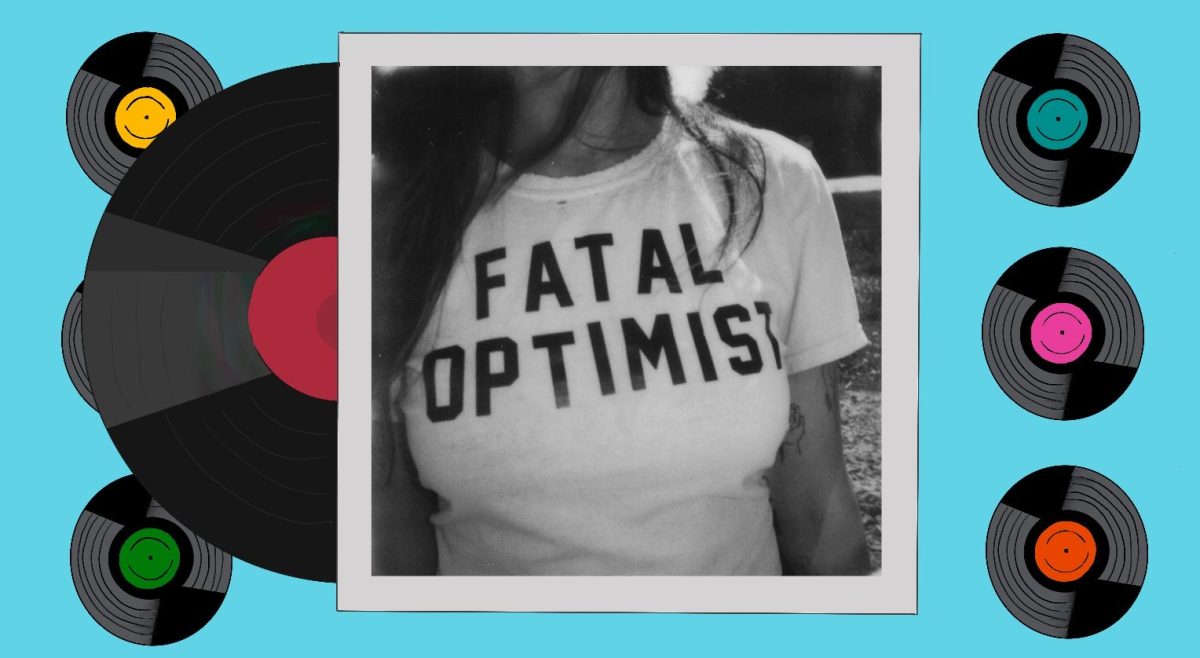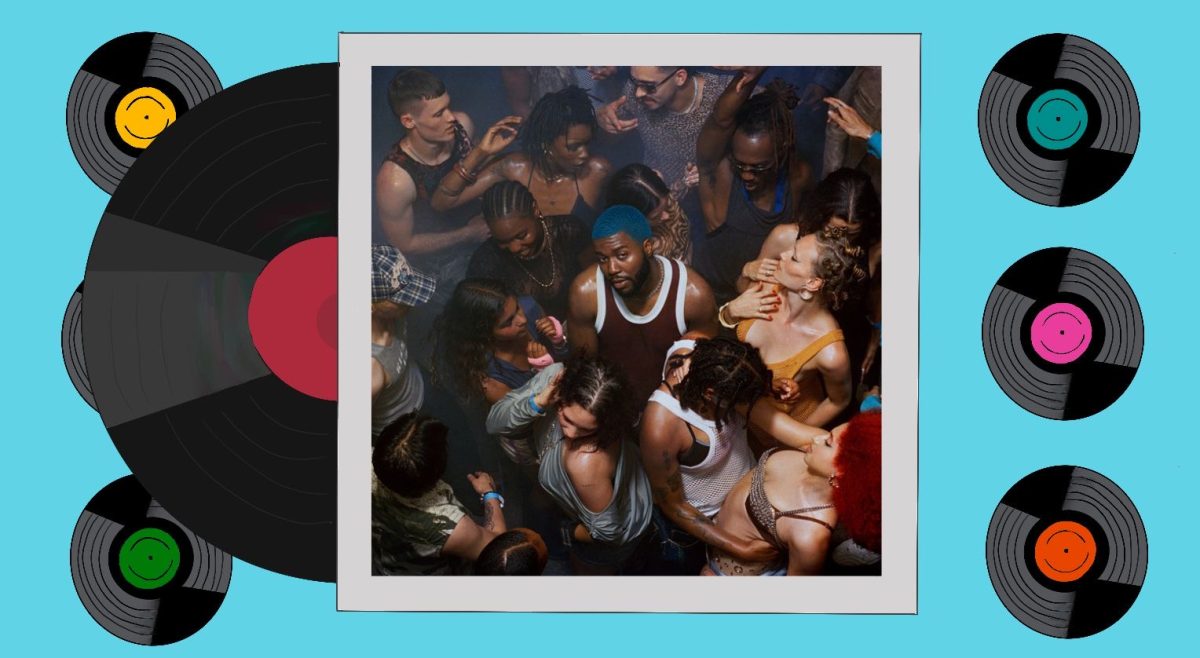With theaters still dark and vacant, Mulan premiered Sept. 4 on Disney+ to counter the silence of the movie world and offer a long-awaited remake to fans. The film’s streaming eligibility serves as one of the first major examples of how the arts world is adapting to life in a pandemic: The cost of a movie ticket and an Uber have necessarily been traded for $30 and a subscription to Disney+ (or at least access to your roommate’s).
The $200 million budget film has faced substantial boundaries leading up to its release, in terms of both public health and social controversy. The film’s hefty budget makes Mulan the priciest of Disney’s live action remakes. Its inability to premier in theaters served as a blow to expected opening weekend profits, though its accessibility on a popular streaming platform may prove to counter traditional methods of production and offer a glimpse at the potential future of the industry.
Besides the obvious dysfunctionality of finding a financially feasible way to release a multimillion-dollar blockbuster in a time when the world is mostly shut down, #BoycottMulan trends on Twitter further stifled the film’s opening week. The hashtag refers to the controversy surrounding the film’s Mulan, Liu Yifei, as Twitter users around the world have been quick to call out the actor’s past expression of support for Hong Kong police amid pro-democracy protests.
Though the movie’s casting choices have been called into question, the process for depicting the core values and culture of Mulan was the top priority during the making of the film. Director Niki Caro sought to cast actors of Asian descent to fill the roles of the characters of the ancient Chinese ballad, though she herself is from New Zealand. Caro injects her own sense of home within the piece by choosing to film in both New Zealand and China, ensuring picturesque scenery throughout the entirety of the film that in itself is enough motive to split the cost of the movie with your roommates.
Mulan’s feminist undercurrent shines through in Caro’s live action adaptation of the 1998 animated version. Love is not the end goal of the story, unlike most female-led films within the Disney Princess franchise and beyond. Instead, the remake focuses on portraying the strength and will of Mulan to fight for her family and country within a patriarchal society. The 2020 vision of Mulan is more on key with the modern woman, and the film’s disinterest in love enables this version to pass the Bechdel-Wallace test with flying colors.
Modern twists continue throughout the film beyond its depiction of Mulan herself. If you’re expecting to watch the screenplay of the beloved 1998 animation performed scene-by-scene, prepare to be disappointed. The updated film departs from its past Disney narrative, a decision Caro consciously made in order to be more faithful to the traditional storyline of the Chinese ballad. Mulan’s beloved dragon sidekick, Mushu, sadly does not make it into the 2020 adaptation. A new character, Xian Lang (Gong Li), is added to the story instead. She serves as a sorceress working alongside the invading enemy, though her character development is very representative of Caro’s feminist approach to the film.
True to Caro’s realistic approach, she also eliminates comedic and musical elements from the film. Mulan and the soldiers regretfully do not break into song while training for battle, though the melodies from various hits from the 1998 soundtrack—like “Reflection” and “Honor To Us All”—do make the cut, if only for a few seconds. With Mushu gone, the lively commentary of Eddie Murphy is bitterly missed, though understandably in an effort to better reflect the original story of Mulan.
If an authentic approach was so sorely sought after, the visual effects during battle scenes stand out awkwardly against the realism of the rest of the movie. Mulan and her fellow soldiers easily scale buildings and run across walls, displaying almost inhuman ability. Mulan is then contradictingly placed somewhere between the realms of reality and fantasy, calling into question how the character of Mulan should be perceived.
Ultimately, the 2020 live action Mulan is much different from the 1998 animated version, for better and for worse. Any film remake faces the harsh criticism of comparison, though the excitement of getting to see a new movie—a rare experience these days—did not disappoint. Whether the film will bring honor to your $30 is a question you’ll have to ask yourself.
Featured image courtesy of Walt Disney Pictures








